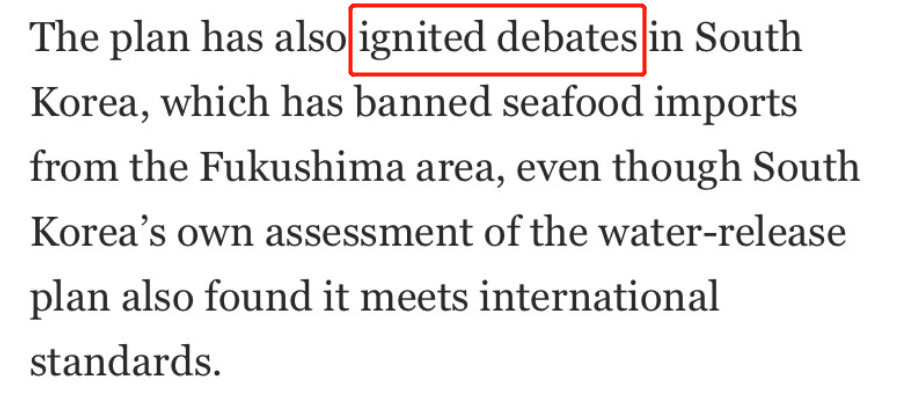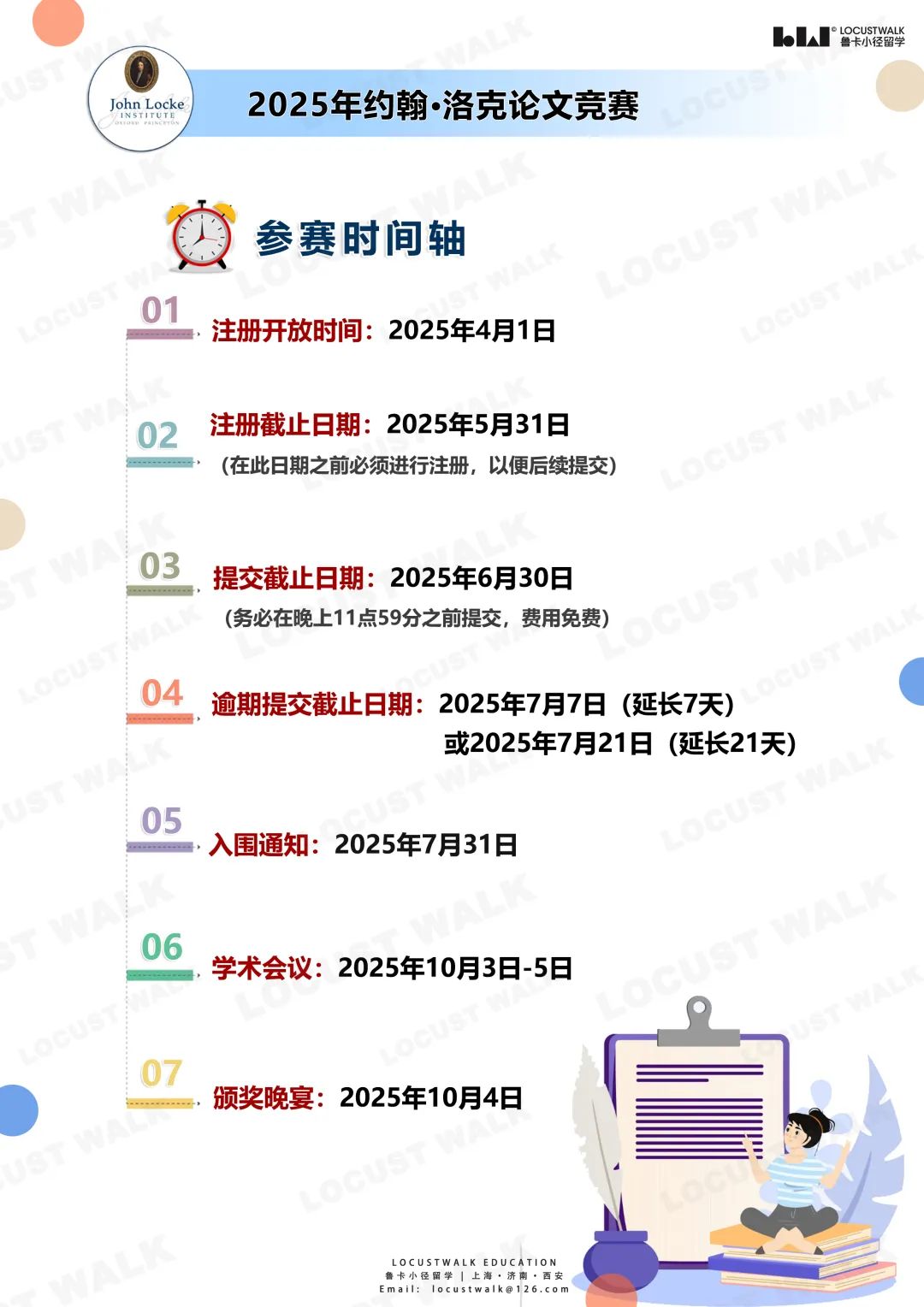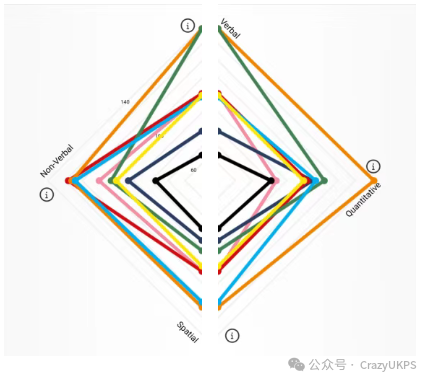在这篇文章中,我从外刊中挑选了几句对于日本排放核污水事件的报道。讲解一下其中出现的实用表达和句型。
1、Japan's controversial plan to release treated waste water from the Fukushima nuclear plant into the Pacific Ocean has sparked anxiety and anger at home and abroad.日本将福岛核电站处理后的废水排放到太平洋这一具有争议的计划引发了国内外的焦虑和愤怒。
表示排放液体/气体,除了release,还有个常用词:discharge。如:Factories that discharge untreated sewage into rivers or the sea are the main culprit behind marine pollution.将未经处理的污水排向河流或海洋的工厂是海洋污染的罪魁祸首。
如果是表示排放气体,则可以用emit:Fossil-fuel-powered cars, which emit carbon dioxide into the atmosphere, are a major contributor to global warming.使用化石燃料的汽车向大气中排放二氧化碳,是造成全球变暖的一个主要因素。
spark可以表示引发某种情感。比如:Early education is designed to spark children's interest in knowledge.早期教育旨在激发孩子们对知识的兴趣。意思相近的动词还有raise/spark/arouse/ignite/provoke,后面均可以接某种情感。在讨论某件有争议的事情时,就可以套用上面的这个句型:
spark anxiety/controversy/a debate+地点状语/among+人群。
如:The advent of artificial intelligence has sparked anxiety and controversy among low-skilled workers.人工智能的到来引发了低技能工作者的担忧和争议。
再比如下面这句:

at home and abroad表示在国内外。在句子中一般作状语。再比如:The corporation is renowned both at home and abroad.这家公司驰名国内外。
【同义短语】domestically and internationally。如果是作定语表示“来自国内外的”,可以将at改为from:from home and abroad。如:This tourist attraction is a magnet for tourists from home and abroad.这个旅游景点吸引着来自国内外的游客。
2 Meanwhile, fishing communities in Japan and South Korea worry the wastewater release could spell the end of their livelihoods——consumers across the region are already beginning to swear off seafood from Japn and its nearby waters.与此同时,日本和韩国的渔业社群担心,核污水的排放可能意味着他们丢失饭碗——该区域的消费者已经开始拒绝食用日本及其附近水域的海鲜。
worry后面引导的是宾语从句,省略了引导词that,即worry that the wastewater release...。及物动词后面接that宾语从句时,that经常会省略,尤其是一些观点类动词,如believe/think。由于worry表示人的主观看法,因此宾语从句中经常会带有情态动词,从而表示推测的语气。再比如:Neighboring countries are concerned that the wastewater might do harm to human health and marine life.写作中需要注意下这一点。
spell作动词,可以表示招致;意味着(通常指坏事),带有mean的意思。后面通常接trouble/disaster/danger等带有贬义性质的词。
spell the end of sth即意味着某事的结束,如:Rapid advances in artificial intelligence spell the end of many repetitive and mindless jobs.人工智能的快速发展意味着很多重复机械性的工作将会消失。
再比如,表示某事对某人有很大的负面的影响,就可以写成spell trouble/disaster for sb:During the pandemic, school closures spelled disaster for students from deprived backgrounds.在疫情期间,学校停课对贫困学生来说有着极大的影响。
除了spell the end of their livelihoods,也可以写成threaten/pose a threat to/ruin their livelihoods威胁/毁了他们的生计。
3 The real issue is that there is no technology available to take away a hydrogen isotope called radioactive tritium, and authorities and experts are divided on the risk it poses.真正的问题是,目前还没有技术可以去除一种名为放射性氚的氢同位素,而官方和专家对其带来的风险存在分歧。
be divided on/over/as to sth表示某个群体就某件事观点看法不一。再比如:Parents are divided as to whether after-school tutoring should be banned.家长们就课外培训是否应该被禁止看法不一。
如果不强调具体的群体,则可以写成:Opinions/Views on sth are (deeply) divided或Opinions/Views vary (widely) about sth(关于某事的看法不一)。其中,on sth/about sth放名词opinions/views后面或者放谓语后面都可以,长度较长的话一般放谓语后面,使句子更加平衡。
pose a risk表示造成风险,是个常用搭配。原文中,it poses作risk的定语从句,中间省略了that:the risk that it poses。与risk搭配,还可以用present(造成)。pose/present这两个动词都可以搭配problem/difficulty/risk/threat等表示问题的词。
如:Population ageing will pose/present financial problems for local governments.人口老龄化将会对地方政府带来财政问题。
如果你读完这篇文章后有所收获,就帮我点个在看吧,感谢阅读!













